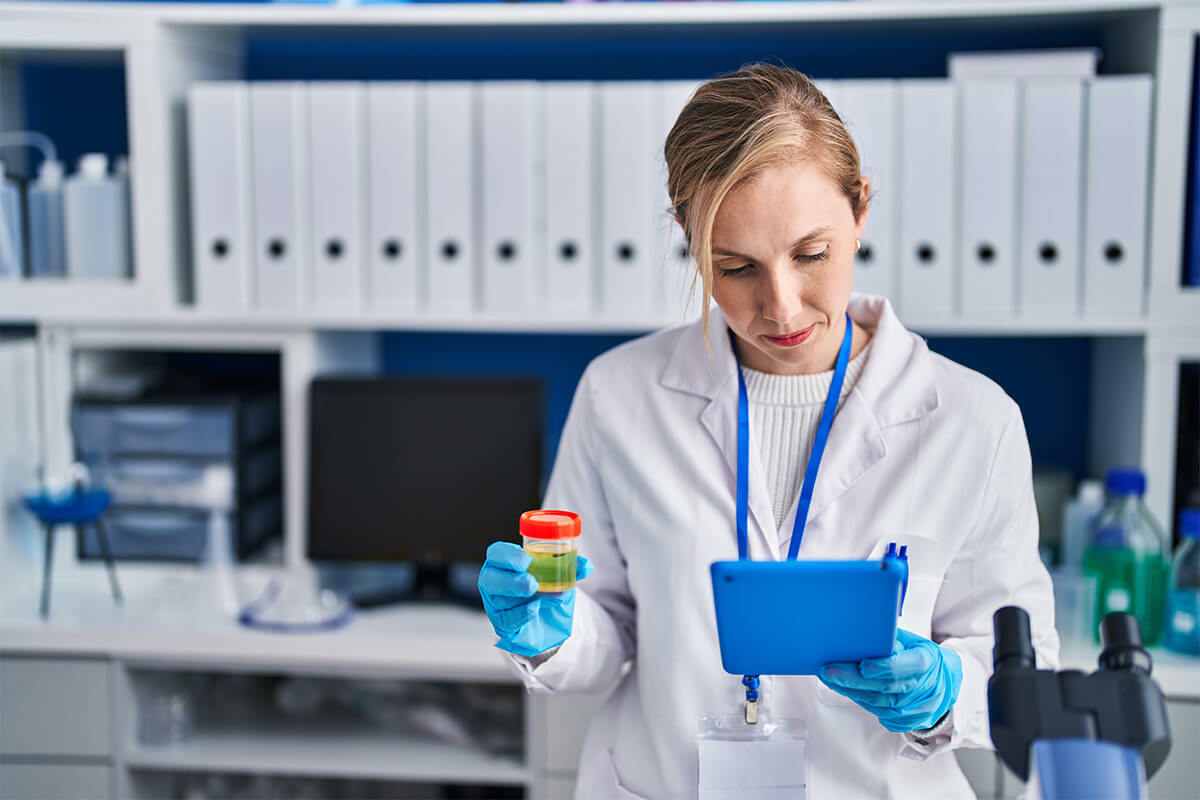Drug screening compliance refers to adhering to specific rules, protocols, or laws when conducting drug tests in various environments such as workplaces, medical facilities, or legal frameworks. In general terms, compliance with drug screening means taking steps to ensure that all procedures for carrying out a test are followed correctly from collecting the sample to analyzing it so that you can have confidence in the results you get. It is important to note that what counts as drug screening compliance may vary depending on where you are and which substances you are interested in.
We will look specifically at drug testing in Salt Lake City, Utah as an example for compliance and adherence to state and local laws.
Table of Contents
A Brief Overview of Drug Testing Compliances
Is it worthwhile for employers to maintain a drug-testing program to uphold a safe work environment and ensure productivity? The answer might hinge on the specific workplace. Certain employers, such as federal contractors or those employing drivers, are obligated to adhere to particular drug-free workplace regulations.
Conversely, some employers grapple with recruitment challenges or aim to preserve a specific company culture, believing that drug testing—especially for marijuana—could impede their capacity to attract and retain skilled personnel. Utah’s employment drug screening laws stipulate that employers conducting drug and alcohol tests on employees or job applicants are shielded from liability if they comply with the guidelines outlined in Chapter 38 of drug testing in Salt Lake City, Utah, laws. Nevertheless, employers and general managers must also undergo periodic testing themselves.
Before discussing state-specific rules and regulations, we need to examine two major drug testing compliances: workplace drug testing and individual drug testing.
- Individual compliances
In personal contexts, compliance may involve the responsibility of individuals to undergo routine drug screening as outlined in their employment contracts or mandated by parole or probation agreements. Compliance here would entail individuals adhering to the stipulated rules by undergoing the necessary tests and refraining from attempting to tamper with or avoid them. Non-compliance could lead to legal consequences, potentially including the revocation of probation.
- Workplace-related compliances
In a workplace environment, compliance could entail a company conducting drug screenings by laws and regulations governing such tests, guaranteeing fair, consistent, and lawful administration. This could involve ensuring truly random tests without unfairly targeting specific individuals, providing employees with adequate notice, safeguarding the privacy of employees’ medical information, and similar considerations. Should a worker test positive for a substance they are prescribed legally for a disability, the company might be required to make reasonable accommodations.
Drug Testing Regulations in Utah
In drug testing in Salt Lake City, Utah, employers have the authority to conduct drug tests on employees, and employers and management also undergo periodic testing. Employers may mandate testing for the following purposes:
- To examine the potential impairment of individual employees.
- To investigate accidents or thefts, particularly within a rehabilitation, treatment, or counseling program where the employee participates as a condition for continued employment after a positive drug test result.
The employer must possess a written drug testing policy that has been disseminated among employees. Testing should occur during or immediately following the employee’s regular work schedule. If an employee refuses to undergo testing or fails the test, the employer reserves the right to take appropriate action.
What is the process of drug testing in the workplace?
Company protocols differ, but numerous employers mandate employees to undergo an on-site, rapid drug test initially. Employees who test positive are directed to a medical facility for confirmation testing. The drug tests typically involve obtaining samples of hair, urine, saliva, or blood, through which employers can screen for various substances, such as:
- Opioids (opium, codeine, morphine, heroin)
- THC (cannabinoids, marijuana)
- Hallucinogens (LSD, ecstasy)
- Amphetamines and methamphetamines
Within a workplace, a Designated Employer Representative (DER) ensures adherence to drug and alcohol testing protocols. A DER is an authorized employee designated by the employer to promptly withdraw employees from safety-sensitive responsibilities and to make essential decisions throughout the testing and assessment procedures.
Conclusion
Implementing proactive measures to mitigate risks to your brand, business, and workforce is essential for success. A drug testing initiative in Salt Lake City, Utah, forms part of this strategy, contributing to prevention efforts and promoting a culture of corporate wellness. Before initiating a workplace drug testing program, employers should carefully consider both federal and state regulations as well as the civil liberties of their employees.

